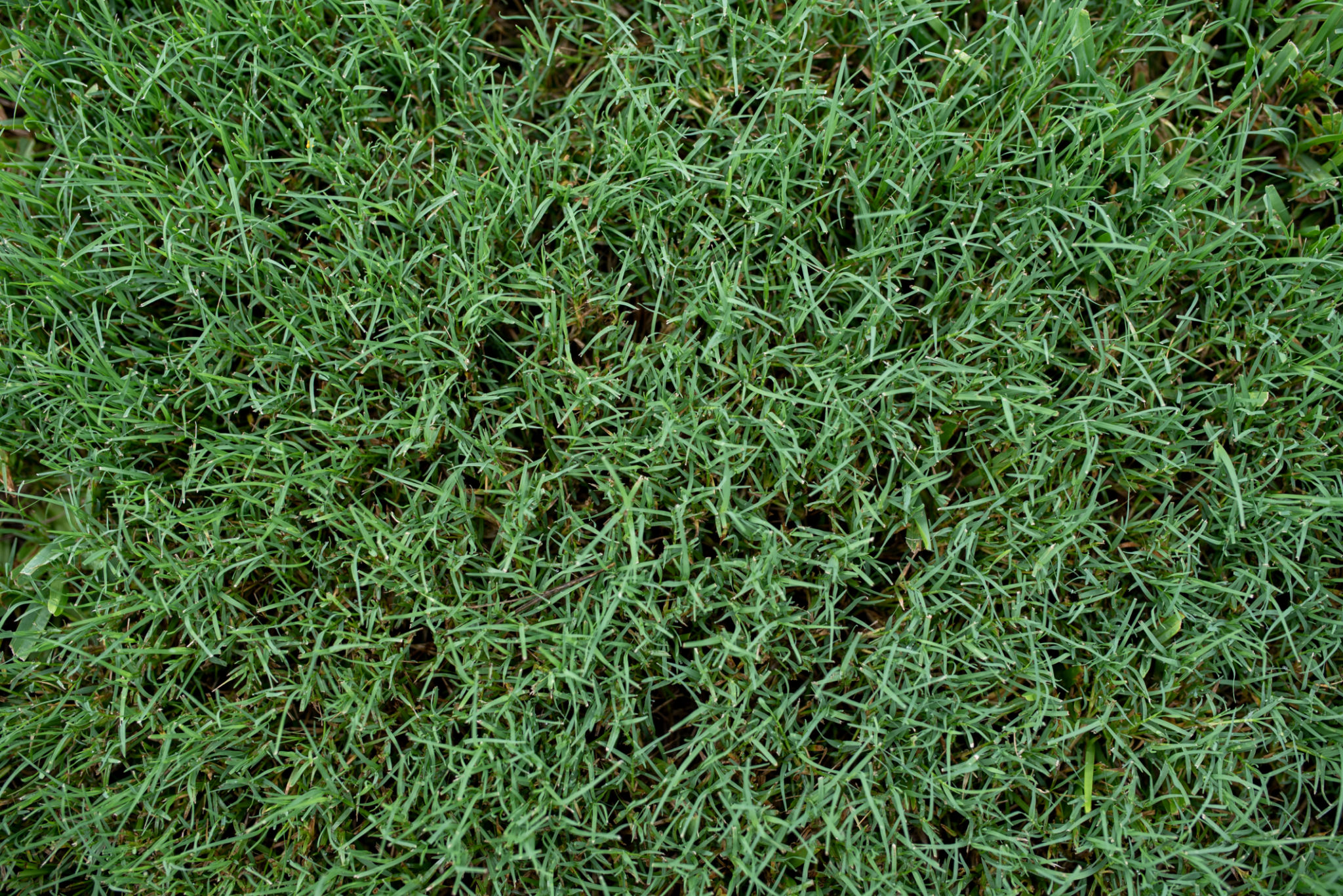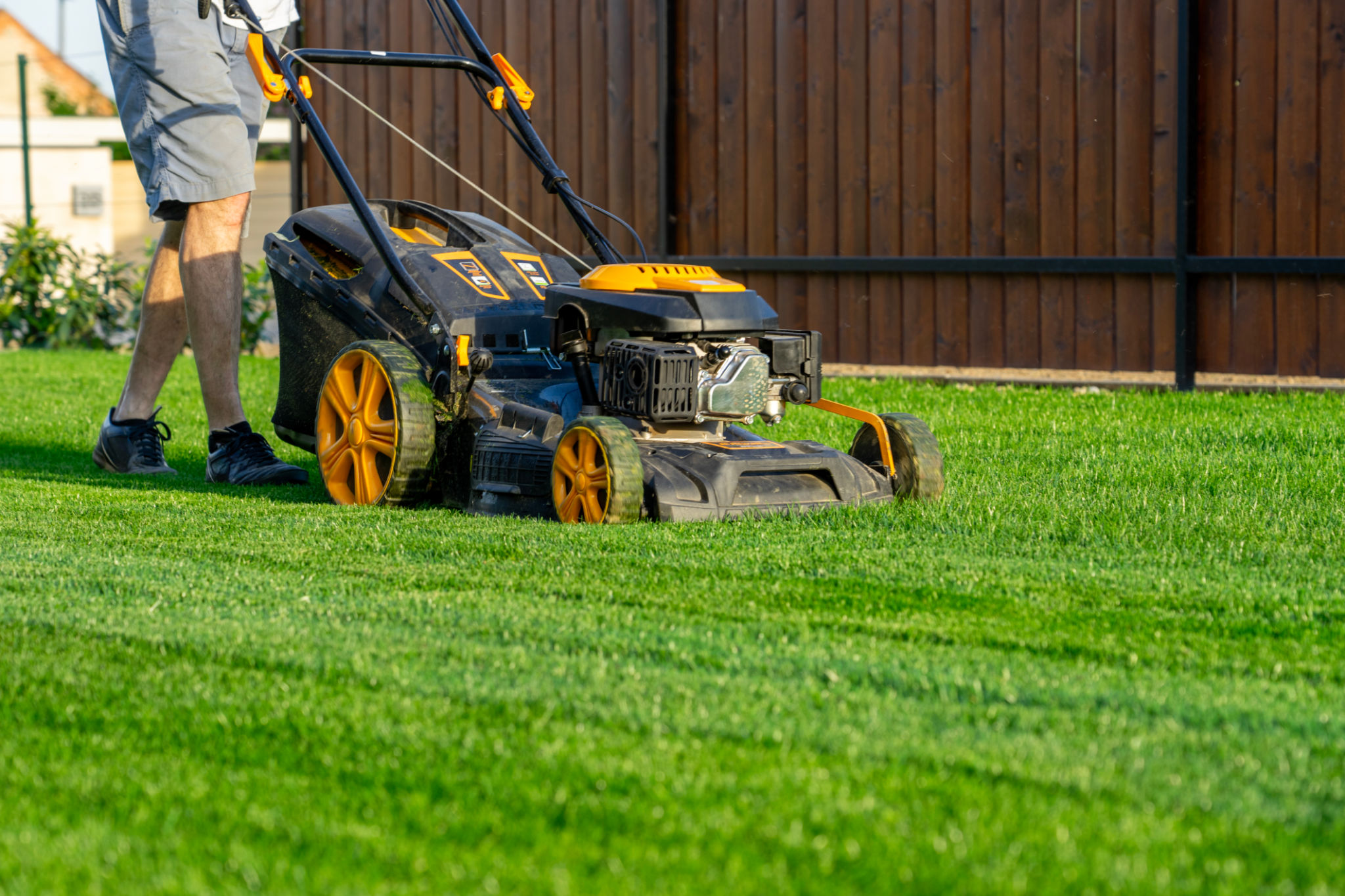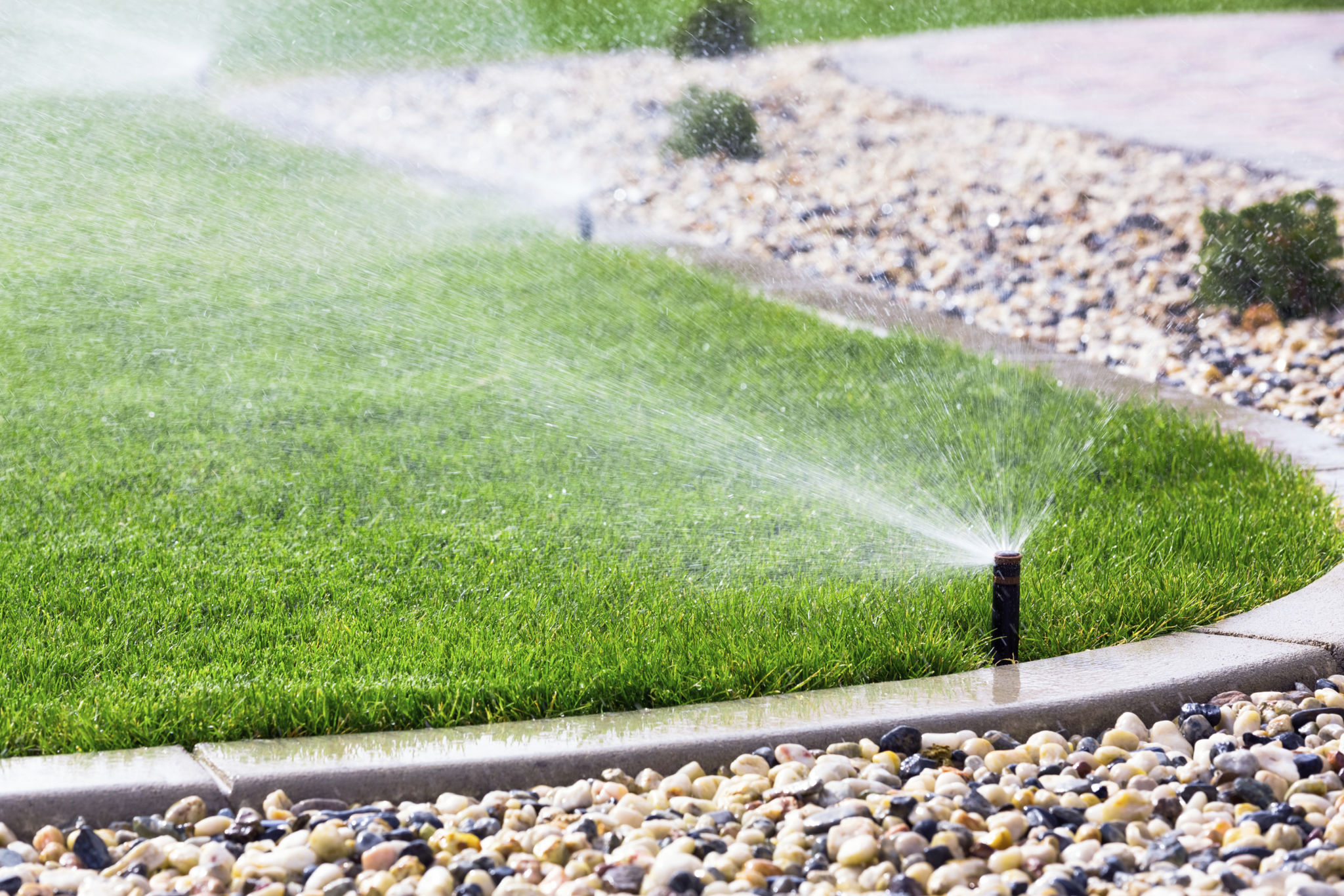How to Prepare Your Bermuda Grass for the Changing Seasons
Understanding Bermuda Grass
Bermuda grass is a popular choice for lawns in warmer climates due to its hardy nature and lush, green appearance. As a warm-season grass, it thrives in the heat but requires specific care as the seasons change. Proper preparation ensures that your lawn remains healthy and robust throughout the year.

Spring Revival
As the weather warms up, Bermuda grass begins to emerge from dormancy. This is the perfect time to start your seasonal care routine. Begin by mowing your lawn to remove any dead grass blades and debris. Set your mower to a low setting, around 1 to 1.5 inches, to encourage new growth.
Fertilizing is essential during this period. Apply a nitrogen-rich fertilizer to promote vigorous growth. This will give your Bermuda grass the nutrients it needs to develop a dense root system and lush foliage.
Dethatching and Aeration
Thatch can build up over time, creating a barrier that prevents water and nutrients from reaching the roots. Dethatching in early spring helps remove this layer and allows your grass to breathe. Similarly, aeration is crucial. It involves perforating the soil with small holes to improve air exchange and nutrient absorption.

Summer Maintenance
During the hot summer months, Bermuda grass thrives but also requires regular watering. Aim to water deeply but infrequently to encourage deep root growth. Ideally, you should provide about 1 inch of water per week.
Mowing should be done regularly to keep the grass at an optimal height of 1.5 to 2 inches. This height helps conserve moisture and protects the roots from excessive heat.

Fall Preparation
As temperatures begin to drop, it's important to adjust your care routine. Reduce the frequency of mowing and raise the mower height slightly to around 2.5 inches. This protects the grass as it prepares for dormancy.
Overseeding
If you notice thin or bare spots on your lawn, fall is an excellent time for overseeding. Choose a compatible seed blend to fill in these areas and create a uniform appearance. Overseeding helps maintain a lush lawn even as growth slows down.
Winter Care
In winter, Bermuda grass enters dormancy and requires minimal care. Avoid heavy traffic on your lawn during this time to prevent damage. Ensure that any fallen leaves or debris are regularly removed to prevent smothering the grass.
While fertilizing isn't necessary in winter, consider applying a pre-emergent herbicide to prevent weeds from taking hold in early spring.

Conclusion
Preparing your Bermuda grass for seasonal changes involves understanding its needs during different times of the year. By following these guidelines, you can ensure that your lawn remains healthy, vibrant, and resilient. With proper care and attention, your Bermuda grass will be the envy of the neighborhood all year round.